The challenges facing the new Syrian government: security, stability and reconstruction
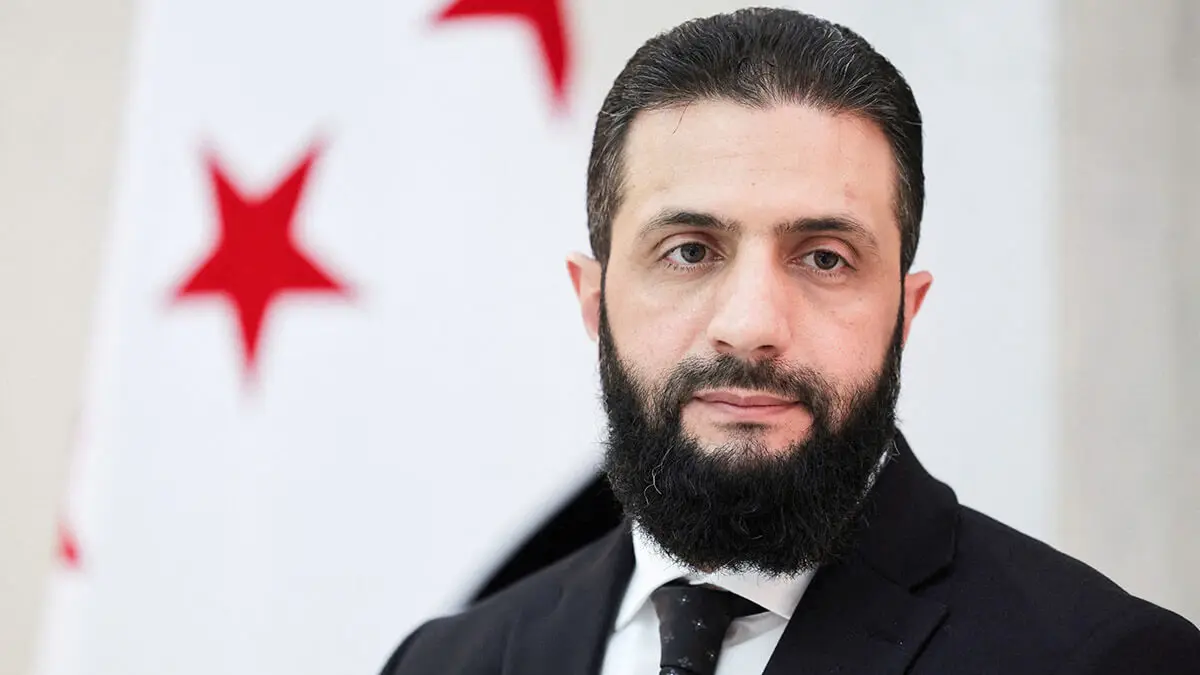
- Terrorist threats to internal security: Daesh and Hezbollah
- Fight against drug trafficking and Captagon
- The role of the General Security Service
- The economic crisis and the reconstruction of the country
- Attacks on minorities
- International cooperation
- An uncertain future
Since the fall of the Bashar al-Assad regime and the rise to power of the Islamist group Hayat Tahrir al-Sham (HTS) as the new Syrian government, the country has faced a series of political, economic and security challenges. Despite the transition from an authoritarian state to a new administration, persistent threats, including from Daesh, the influence of Hezbollah and Captagon smuggling, continue to jeopardise the stability of the region.
Aaron Y. Zelin, an analyst at the Washington Institute for Near East Policy, believes that efforts to achieve stability in Syria are not only beneficial for Damascus, but are also in line with the interests of the United States and regional powers such as Jordan, Saudi Arabia and the United Arab Emirates.
Specifically, Zelin highlights the threat that Daesh represents for the whole region, the conflict between Israel and Hezbollah and the fight against the trafficking of Captagon in Syria's neighbouring states, such as Jordan and Saudi Arabia.
Terrorist threats to internal security: Daesh and Hezbollah
One of the main problems facing the new government is the continued threat from Daesh. Despite the territorial defeat of the jihadist group, there are around 9,000 Daesh prisoners being held in north-eastern Syria, whose escape could represent an enormous risk to national security.
Furthermore, the relationship between Syrian President Ahmad al-Sharaa and the Syrian Democratic Forces (SDF), led by Mazloum Abdi, is still being defined, which could affect the government's ability to effectively combat terrorism.
For the moment, Al-Sharaa and Abdi signed an agreement last March to integrate SDF forces into central government institutions and have established a central committee to implement the agreement with specialised military and economic subcommittees.
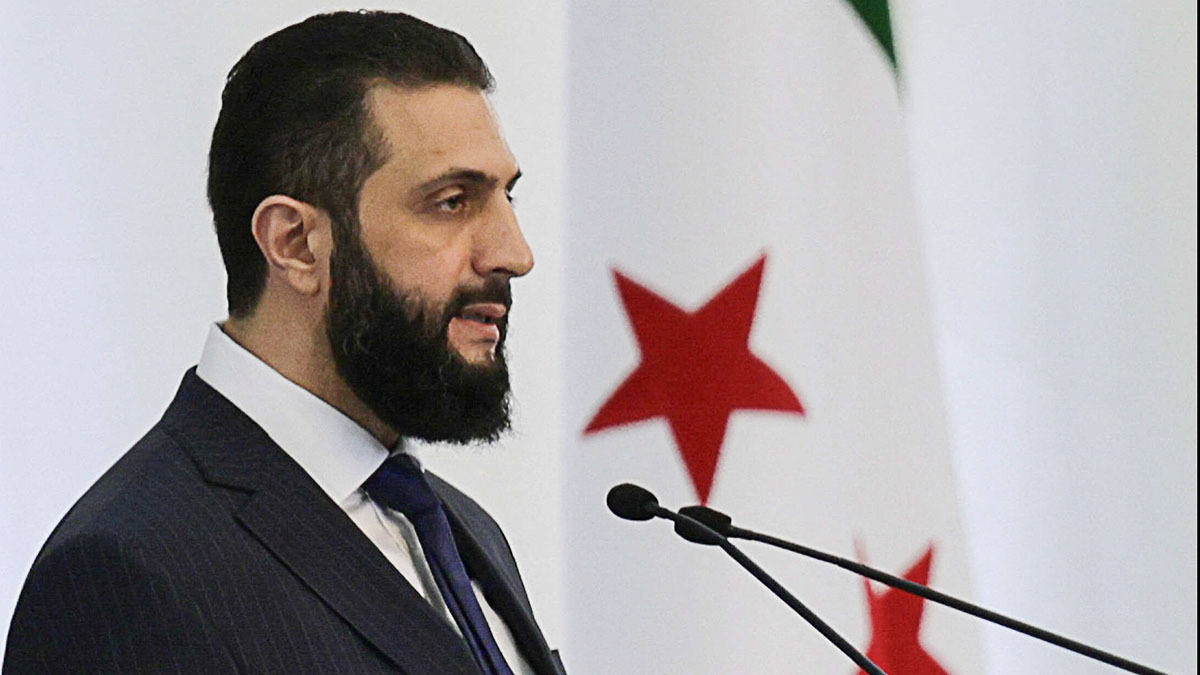
Although it remains to be seen how it will develop, Zelin hopes that this agreement will unify the country and create a more sustainable framework for confronting Daesh.
On the other hand, another terrorist group that continues to maintain a significant presence in the country, especially in the region bordering Lebanon, is Hezbollah. With the fall of the previous regime, the Iranian-backed Shia organisation has intensified its efforts to maintain control of smuggling routes and military structures established during the Al-Assad government. The new government's struggle to dismantle these networks of influence has become a priority in order to consolidate control over the territory.
However, as Zelin points out, Iran's network of threats has now been significantly weakened in the region as a result of the serious blows that Israel inflicted on Hezbollah in Lebanon at the end of 2024.
Furthermore, the new Syrian authorities have clashed several times with Hezbollah on the Lebanese border and have arrested cells of the Lebanese group involved in arms smuggling.
‘So far, the new government has arrested six Hezbollah cells since the fall of the regime. Most of them were in the border areas between Syria and Lebanon, in the governorates of Tartus, Homs and Rural Damascus,’ recalls Zelin, who points out that all these cells were trying to smuggle weapons illegally from Syria into Lebanon to supply to Hezbollah, including Kalashnikovs, automatic rifles, rockets, drone parts and ammunition.
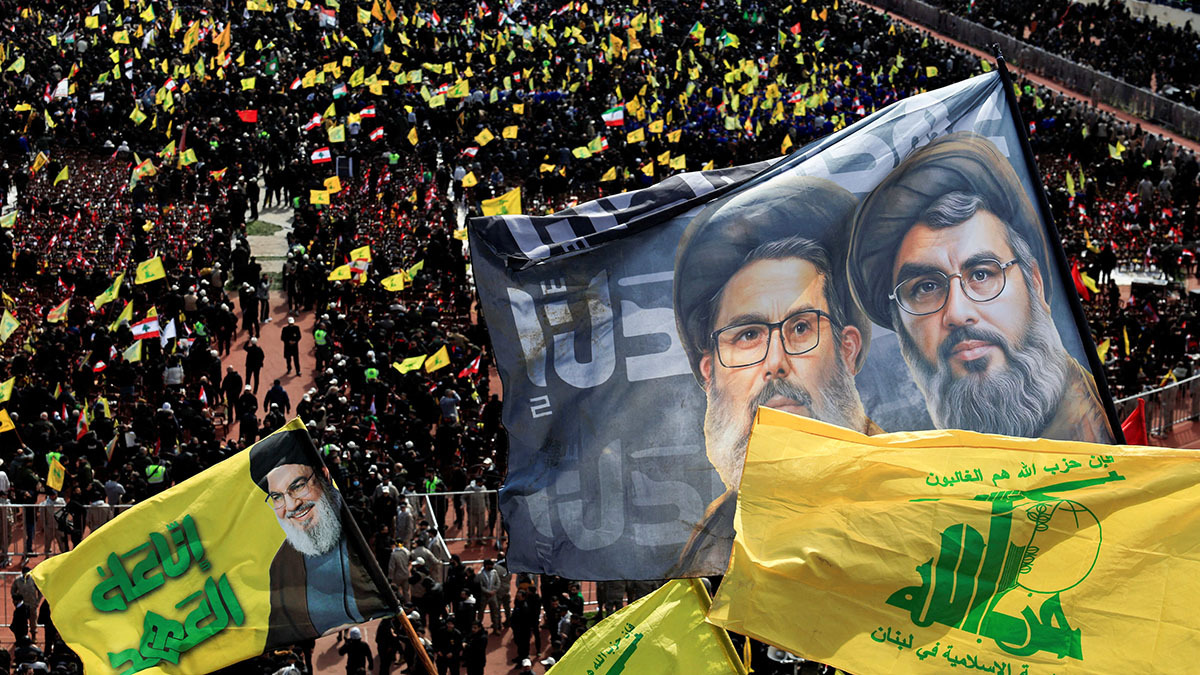
Fight against drug trafficking and Captagon
Hezbollah has also been closely linked to the smuggling of Captagon, one of the main sources of income for the Al-Assad regime.
‘Due to similar budget deficits as a consequence of the Syrian civil war, and the Assad regime's inability to access significant capital outside of aid from Russia, Iran and Hezbollah due to US sanctions, the Assad regime increasingly became a Captagon-producing narco-state in the latter part of its tenure,’ explains Zelin. ‘In one of many examples, in 2018, the regime took over a potato chip factory and turned it into a Captagon production factory,’ he adds.
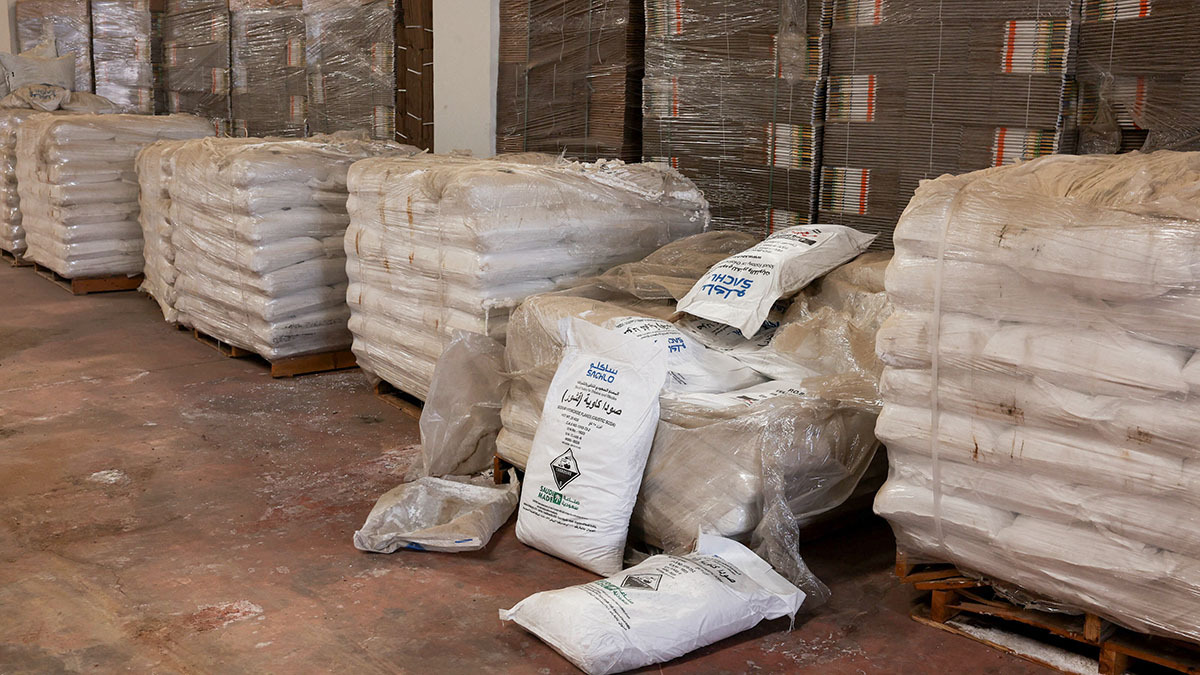
Despite the fall of the previous regime, this drug remains a persistent problem as its production and distribution continues to be linked to criminal networks that include Hezbollah and former regime officials.
Since taking power, the new government has carried out 20 seizures of Captagon, a stimulant similar to amphetamine, in key regions such as Aleppo, Damascus, Daraa, Deir ez-Zor, Homs and Idlib. The largest seizure to date occurred on 21 March 2025, when three million pills were confiscated in Aleppo.
For Zelin, these seizures highlight both the continuing scale of the challenge and ‘the commitment of the new rulers in Damascus to confront it’.
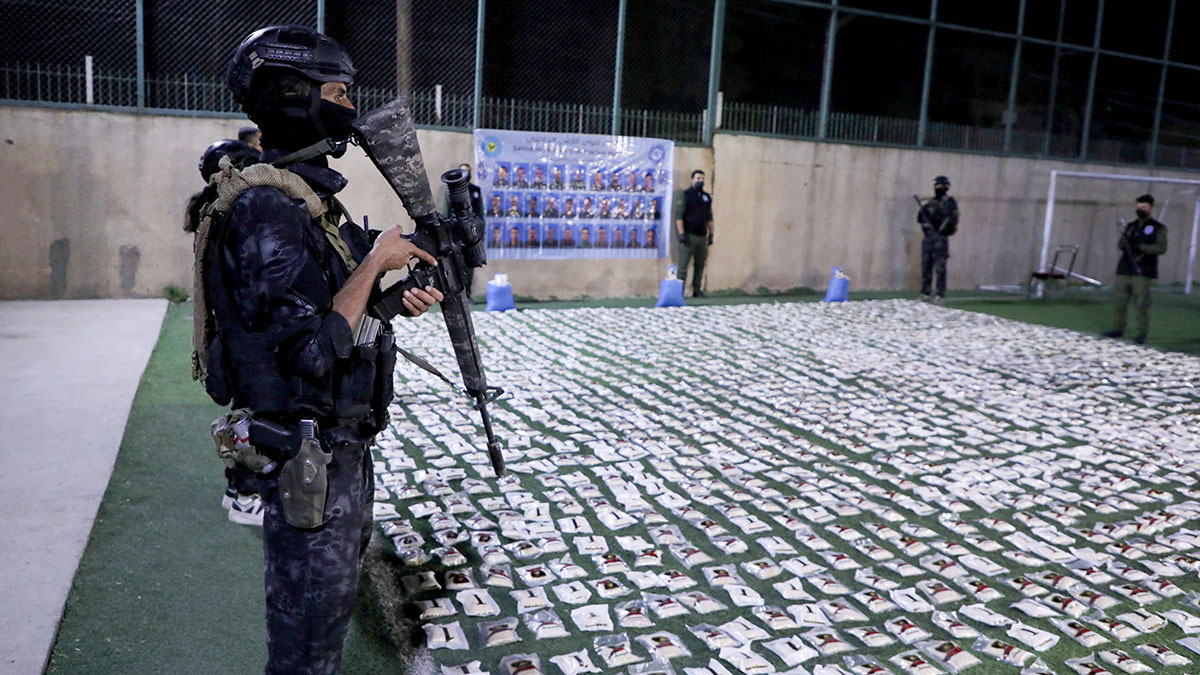
The role of the General Security Service
Since the transition from HTS to the new government, a legal and structured approach to dealing with security threats has been implemented. The ‘General Security Service’, officially founded in 2020, has played a crucial role in identifying and neutralising threats. Its main branches include the Regional Information Office, the Department of Internal Security, the Organised Crime Portfolio and the fight against terrorism. Under this structure, the new government has carried out successful operations against Daesh and Hezbollah cells.
Among the most notable operations, on 11 January 2025, security forces thwarted a Daesh attack on the Shiite shrine of Sayyida Zeinab, with support from US intelligence. Likewise, on 15 February 2025, the General Directorate of Security captured Abu al-Harith al-Iraqi, a key leader of the terrorist group linked to recent attacks.
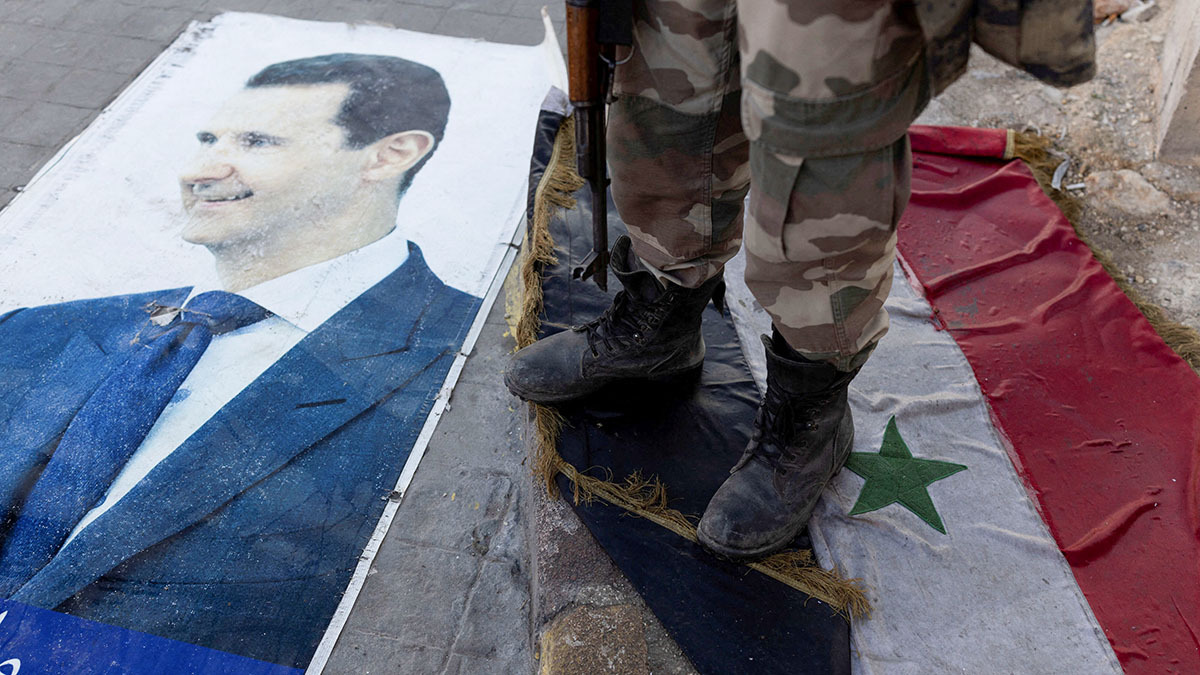
The economic crisis and the reconstruction of the country
Afterlife security challenges, Syria is facing a devastating economic crisis. With a collapsed infrastructure, high levels of unemployment and international sanctions, the government is in a difficult situation to guarantee stability and development. The reconstruction of the country requires international support, as well as the generation of new sources of income that do not depend on illicit activities such as drug trafficking.
Furthermore, sectarian tensions are still present in various regions, especially on the Syrian coast, where the legacy of the conflict still weighs on the population. Political and social stability will depend on the new government's ability to implement an inclusive and transparent model of governance.
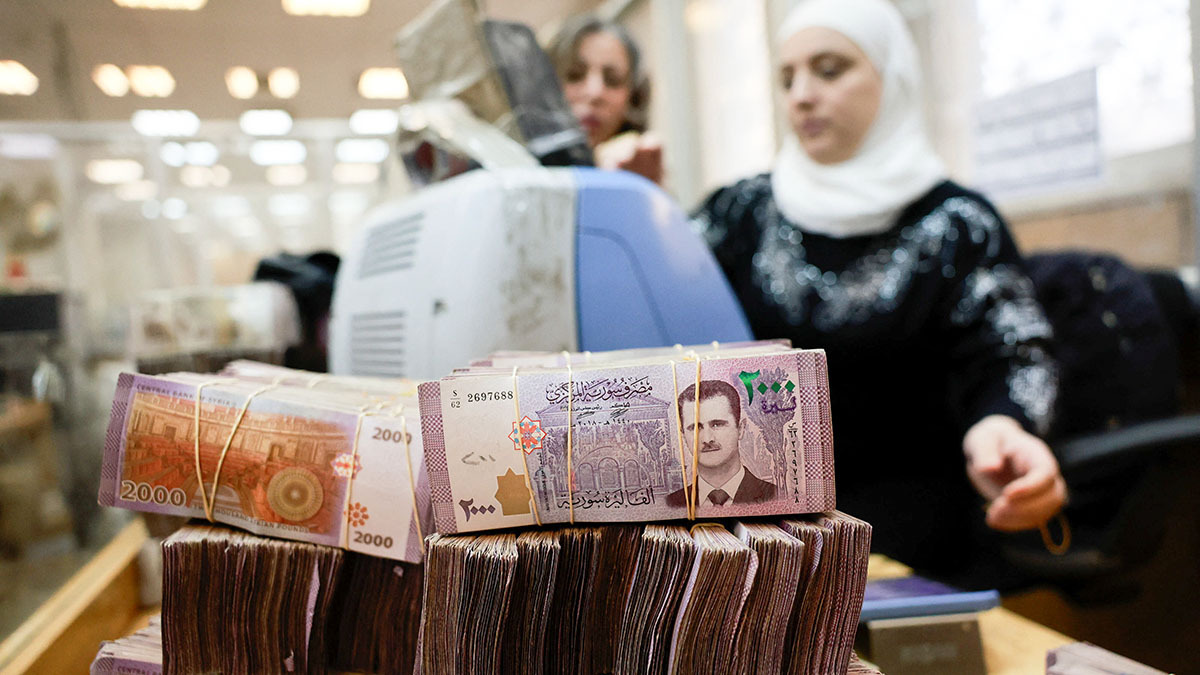
Attacks on minorities
In this sense, it is necessary to remember the massacres committed last March against the country's minorities, especially the Alawites.
According to figures from the Syrian Observatory for Human Rights, more than 1,000 people - the majority of them civilians - were murdered in the worst episode of violence to hit the country since the fall of Al-Assad in December.
Although President Al-Sharaa promised to ‘hold firmly and without leniency anyone involved in the bloodshed of civilians accountable’, these massacres cast doubt on the new government's ability to maintain peace in a country still suffering the effects of more than a decade of conflict.

International cooperation
Externally, the future of the new Syrian government will also be determined by its ability to establish solid diplomatic relations with regional and international powers. Countries such as Jordan, Saudi Arabia and the United Arab Emirates have shown interest in supporting stability in Syria, provided that the new leadership demonstrates a commitment to security and development.
In addition to the importance of continuing to promote an inclusive, open and transparent government in Damascus, Zelin emphasises that there is also a lot at stake for ‘the future security of Syria, the region and beyond’. For these reasons, the analyst considers it necessary that ‘Washington, London, Paris, Berlin, Brussels, Amman, Ankara, Jerusalem, Riyadh, Abu Dhabi, Baghdad, Beirut and other countries coordinate and support the new rulers of Damascus in their fight against Daesh, Hezbollah and Captagon’.
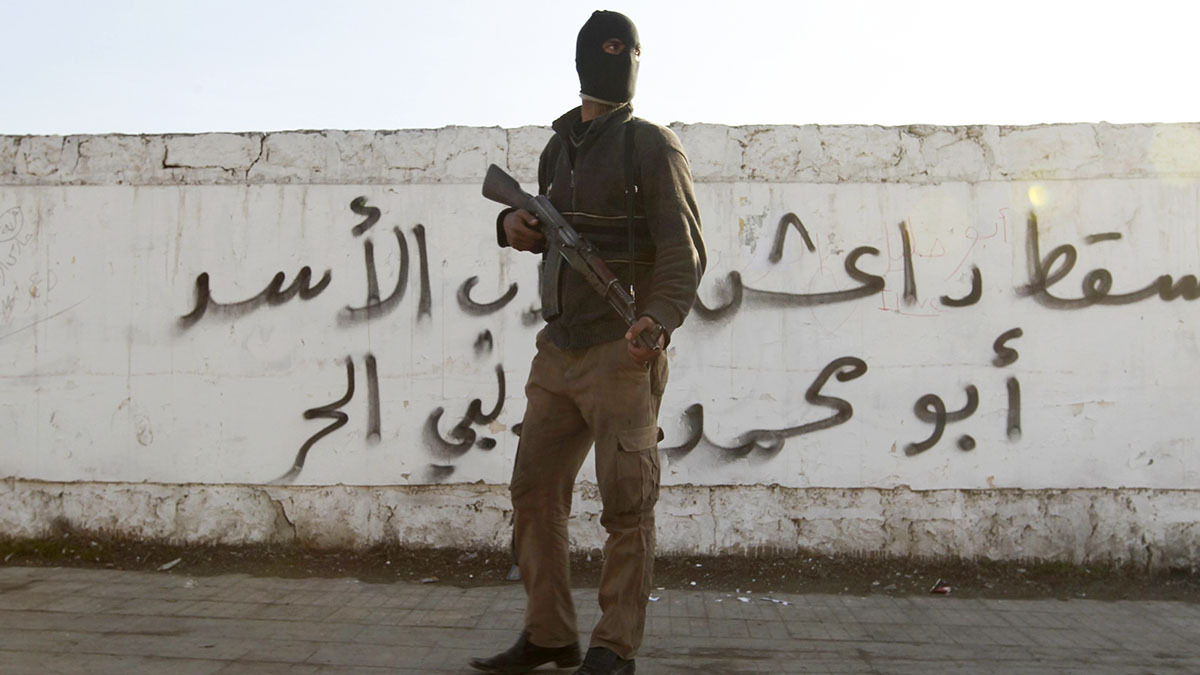
An uncertain future
The new Syrian government faces enormous challenges in its attempt to consolidate power and guarantee the country's stability. The fight against terrorism and drug trafficking, as well as the economic crisis and the need for inclusive governance, represent significant challenges for Damascus.
However, advances in security and international cooperation represent a great opportunity for Syria to start on the road to recovery and stability. The key will be the new government's ability to maintain internal control, protect minorities and strengthen its external relations in a volatile geopolitical environment.










